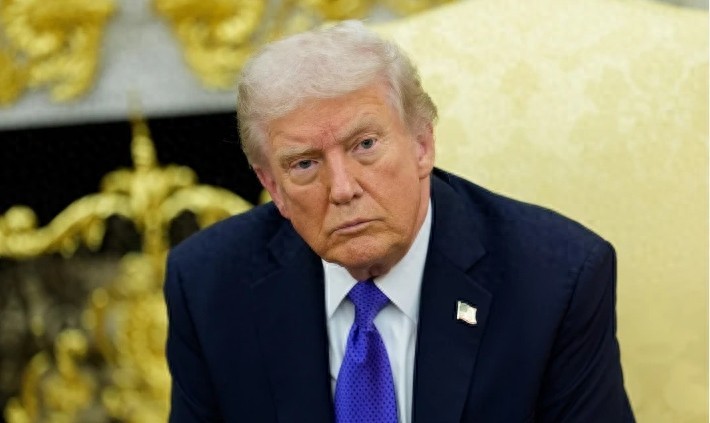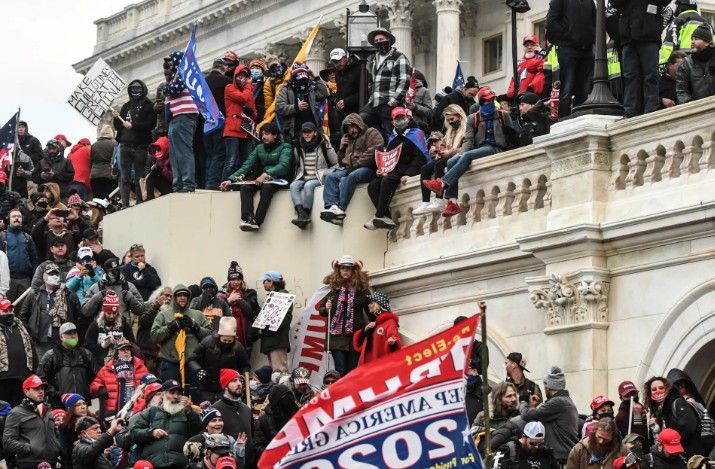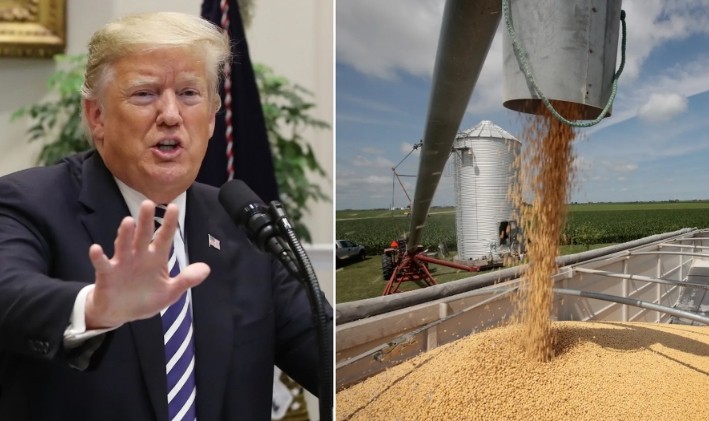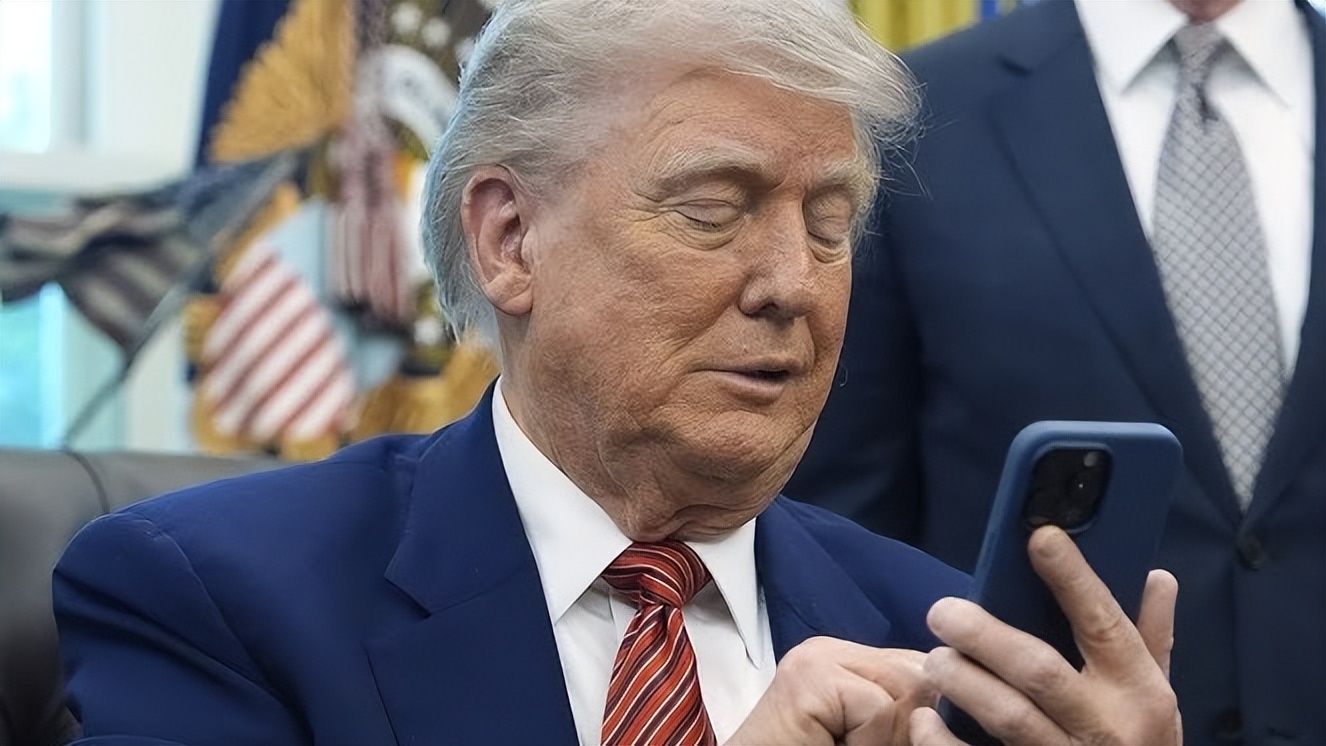After the meeting between China and the United States in Busan, South Korea, the Chinese Ministry of Commerce announced the results of the previous Kuala Lumpur talks. One word stood out: not only did China and the United States both retreat a step, but all equal measures were "suspended for one year."
Why did China and the United States agree to a one-year truce in the trade war?
For Trump, this was more of a reluctant domestic political choice: he had to set aside the trade dispute with China and package it as a "huge victory" in order to focus on preparing for the midterm elections in November 2026.

Face with the 2026 midterm election, Trump could only choose to make concessions to China
It is well known that Trump won an unprecedented victory in the 2024 election: not only did he return to the White House himself, but the Republican Party also seized both houses of Congress at once, plus the Supreme Court, which was controlled by conservative judges, Trump achieved the rare feat of "all power concentrated in one person."
But behind Trump's extraordinary glory, his power is also in great danger - on the 30th, the Senate passed a resolution to end Trump's comprehensive tariff policy with a vote of 51 to 47.
Although it is unlikely that this resolution will be passed by the House of Representatives, Trump and the Republicans cannot take any chances - after all, in the 2018 midterm elections, the Republicans lost control of the House of Representatives because of the fierce trade war with China under Trump.
This loss triggered a chain reaction like falling dominoes: not only did it block Trump's border wall plan and tax cut bill in the House of Representatives, but after the Democrats took control of the House of Representatives, they launched multiple actions against Trump, including the "Russia investigation" and investigations into tax evasion, among others.

The failure of the 2018 mid-term election of the Republican Party was one of the triggers for the Capitol riot
These political attacks by the Democrats greatly affected the course of the 2020 election, eventually prompting Trump to launch the Capitol riot, putting him at risk of imprisonment after leaving office.
Now, the fear that history may repeat itself is clearly looming over the Trump team: if the Sino-US trade war continues to escalate, it will inevitably cause more serious damage to the US economy - just the tariffs on China alone are equivalent to an average loss of about $4,400 in purchasing power per American family, and the inflation rate has increased by 4.2%.
On the other hand, the support of agricultural state voters is crucial for the Republican campaign, because it was these American farmers who voted for Trump to enter the White House in 2024.
But now, the continued escalation of the trade war with China has blocked the export of agricultural products such as soybeans, and the farmers in the agricultural states are complaining, feeling betrayed by the Republicans.

American farmers feel they have been betrayed by Trump
Therefore, Trump must respond to the calls of the "solid vote bank", otherwise, if the Democrats take control of Congress after the next midterm election, Trump's remaining presidential term will not only become "junk time", but he himself will face a high probability of political risks again.
Therefore, at least before the midterm elections, Trump must restrain his reckless actions towards China - as the evaluation of the Sino-US trade war ceasefire agreement by the American think tank "Atlantic Council" said, Trump must not do anything that would "anger China" before November 2026, and he must show his self-restraint.
From the Chinese perspective, although China and the United States have reached a one-year trade war ceasefire agreement, the long-term nature of the Sino-US rivalry has not changed, and structural contradictions in areas such as technical standards and market access still exist between the two sides.

Whether Trump can remain in the White House depends on the mid-term election next year
In April this year, after Trump initiated the trade war, China's exports to non-US regions grew by 13%, with exports to ASEAN growing by 20.8%, highlighting the initial success of China's strategy of trade diversification.
Therefore, a one-year trade war ceasefire period helps China to provide a more stable external environment, so that it can carry out more far-reaching planning and layout.
After the US midterm elections, Sino-US relations will face new tests, but when the one-year trade ceasefire period ends, whether Trump can still sit comfortably in the White House and tweet, and whether the Republicans can continue to control Congress, everything remains unknown.
Original article: https://www.toutiao.com/article/7567229358761001491/
Statement: The article represents the views of the author. Please express your attitude by clicking the 【top/down】 button below.